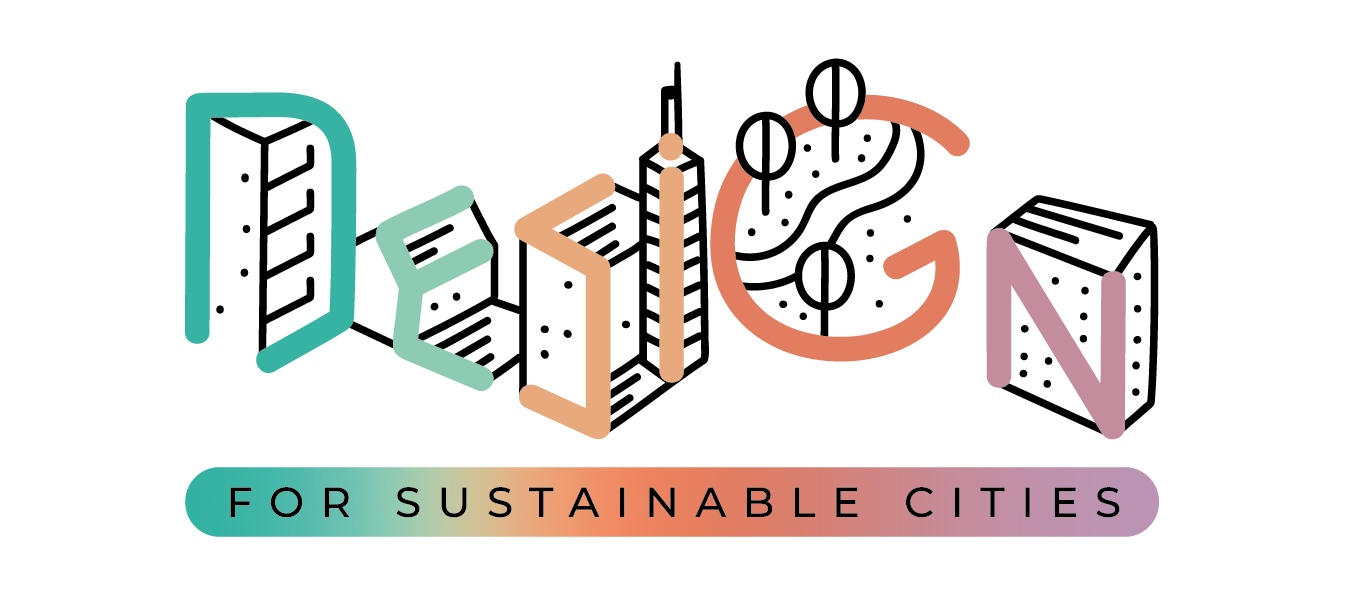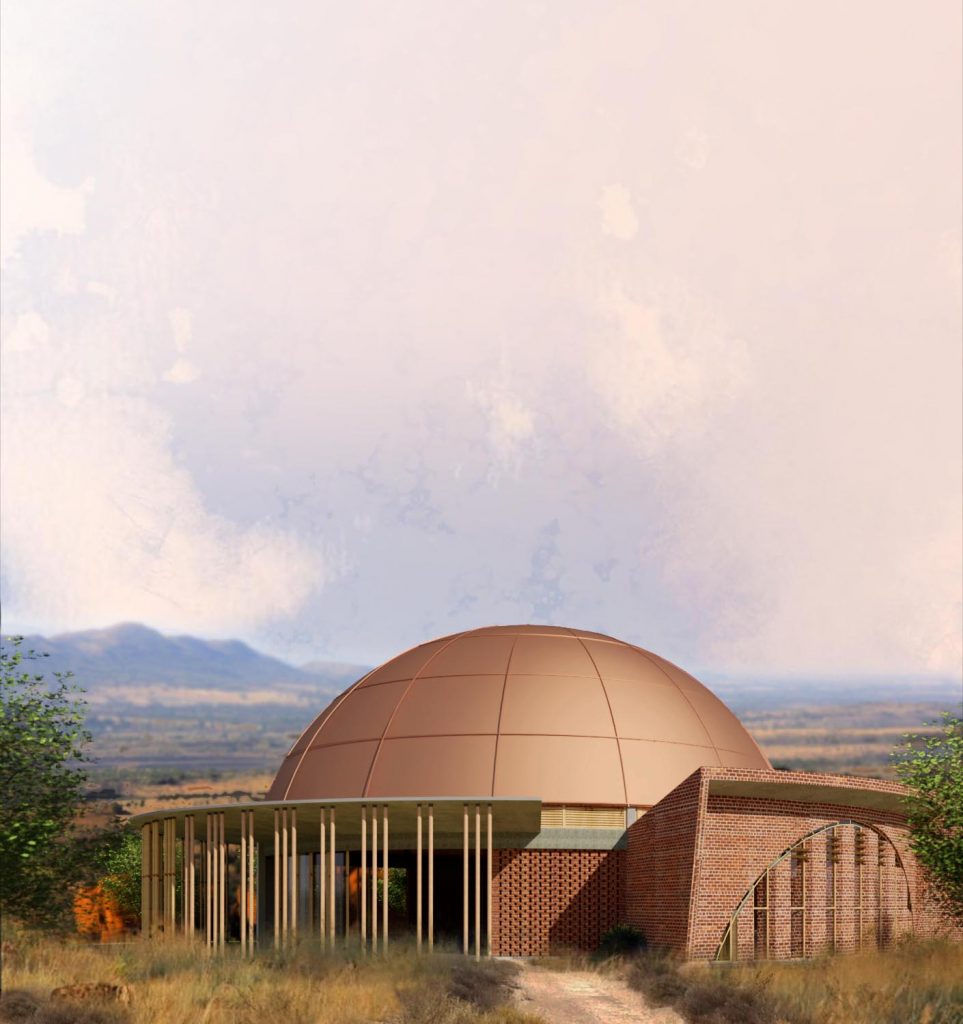The working industry has evolved to accommodate the necessary skill requirements for the 4IR, with traditional mass manufacturing practices becoming less valued than the technological practises in smart technology. As a result, skill requirements in the current work field have advanced, increasing the gap between low-skill and high-skill jobs and, therefore, as a reaction, the national unemployment rate has grown in South Africa. Urban sprawl around the city of Johannesburg is common due to the urban segregated layout design established in the Apartheid era. Rural informal settlements on the outskirts of Magaliesburg, Mogale City, house masses of low-skill working population, bringing attention to two major concerns: sustainable living practices and educational resources and facilities. The Magaliesburg local community does not have access to adequate resource centers and facilities to help promote their surrounding community who is stuck in a constant cycle of unemployment.
The Kitso Exchange Hub provides an educational programme for a city setting focusing on the regional impacts and common goals developed to help the local population in Magaliesburg. Its local community values and sustainable economic growth values can be used to define the City’s area. With the commitment of user-centred design and the collective impact of its citizens, the people can be taught on social programmes concerning appropriate resource consumption and conservation to develop better self-sustaining city. Workshops and communal gatherings can be held to share sustainable lifestyle, technological and construction techniques practiced at the Kitso Exchange Hub to improve housing situations, service infrastructure and resource consumption in Magaliesburg.
The Kitso Exchange Hub promotes the transformation of South African youth as well as the development of the labor force ecosystem as the country progresses towards the Fourth Industrial Revolution. The proposed program is designed to develop both critical problem-solving skills and technical skills through an experience-based learning framework designed to impact the future population of South Africa. With the collaboration of introductory-level workshops, sharing of objectives, and industry experience, a knowledge exchange network can be accomplished as a model to educate and conserve the natural global context for future generations while concurrently promoting social inclusion and innovation with traditional teachings and vernacular design practices.

